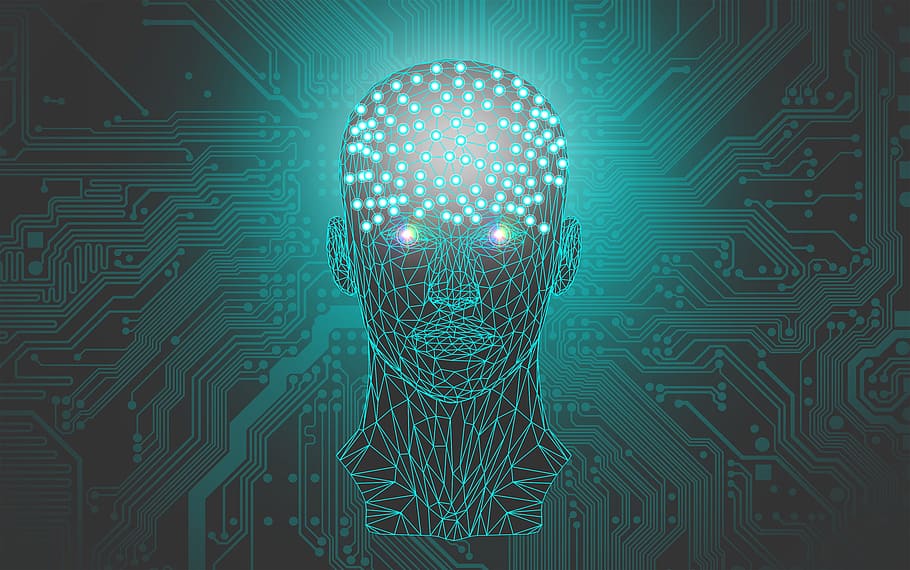
London (England) DeepMind, a subsidiary of Google, is currently in the process of developing an AI that can rival human intelligence, according to Nando de Freitas, a senior researcher at the Artificial Intelligence (AI) department. The so-called Gato AI can already take on various complex tasks, including writing poetry and assembling blocks. According to a report by the Independent, DeepMind still needs to scale up generalized AI to match human intelligence.
De Freitas wrote on Twitter: “It’s about making these models bigger, more secure, more computationally efficient, faster at sampling and smarter storage”.
There are forecasts in research according to which a generalized super-intelligent AI will be realized by the year 2028. However, many scientists warn against developing an AI that could surpass humans.
According to De Freitas, “development security” is therefore “of the greatest importance” at DeepMind. According to the researcher, this is “probably the greatest challenge”.
DeepMind can also generate its own computer code. In a blog post, the DeepMind researchers show what this deep learning model called Alphacode can do.
Alphacode is trained specifically to write code that solves a specific problem. According to the developers, it is not possible to solve these problems using shortcuts such as duplicating previously seen solutions or trying all potentially relevant algorithms. Typically, these are problems that involve finding ways to place roads and buildings within certain constraints – or even developing strategies to win board games.
The possible applications of the AI system are diverse, for example, with the support of DeepMind, mathematician Geordie Williamson from the University of Sydney found a new approach to the 40-year-old combinatorial invariance conjecture, which states that there should be a relationship between certain directed graphs and polynomials. The use of AI has shown that such a relationship actually exists and has identified structures to which this relationship is related.
With Oxford University mathematicians Marc Lackenby and András Juhász, DeepMind studied knots, a fundamental study object of topology. DeepMind’s AI system looked for patterns in the different perspectives of algebra, geometry and quantum theory on knots and showed that the algebraic quantity ‘signature’ is directly related to a knot’s geometry. With the help of AI, Professor Lackenby also discovered the new quantity “natural slope” and proved the connection between the two quantities.
What puts some people in a spirit of optimism in turn scares others or at least causes concern. Scientists have been warning for a long time that highly intelligent computers could displace humans as the dominant life form on this earth. Though the word “life-form” isn’t appropriate for our potential successors, at least not any time soon.
Google, which acquired DeepMind in 2014, is already working on a “big red button” to mitigate the risks associated with an AI explosion, they say. Elon Musk and astrophysicist Stephen Hawking are among those who have already warned against “strong AI”.

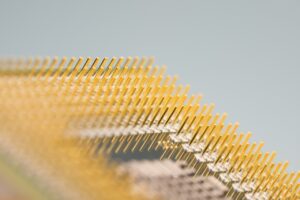
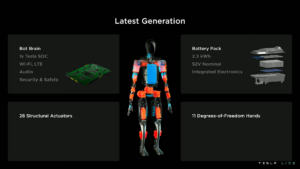
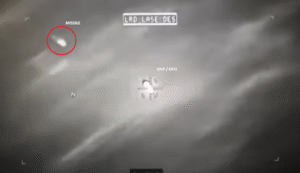
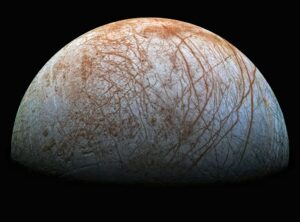


Hardly I can believe that.